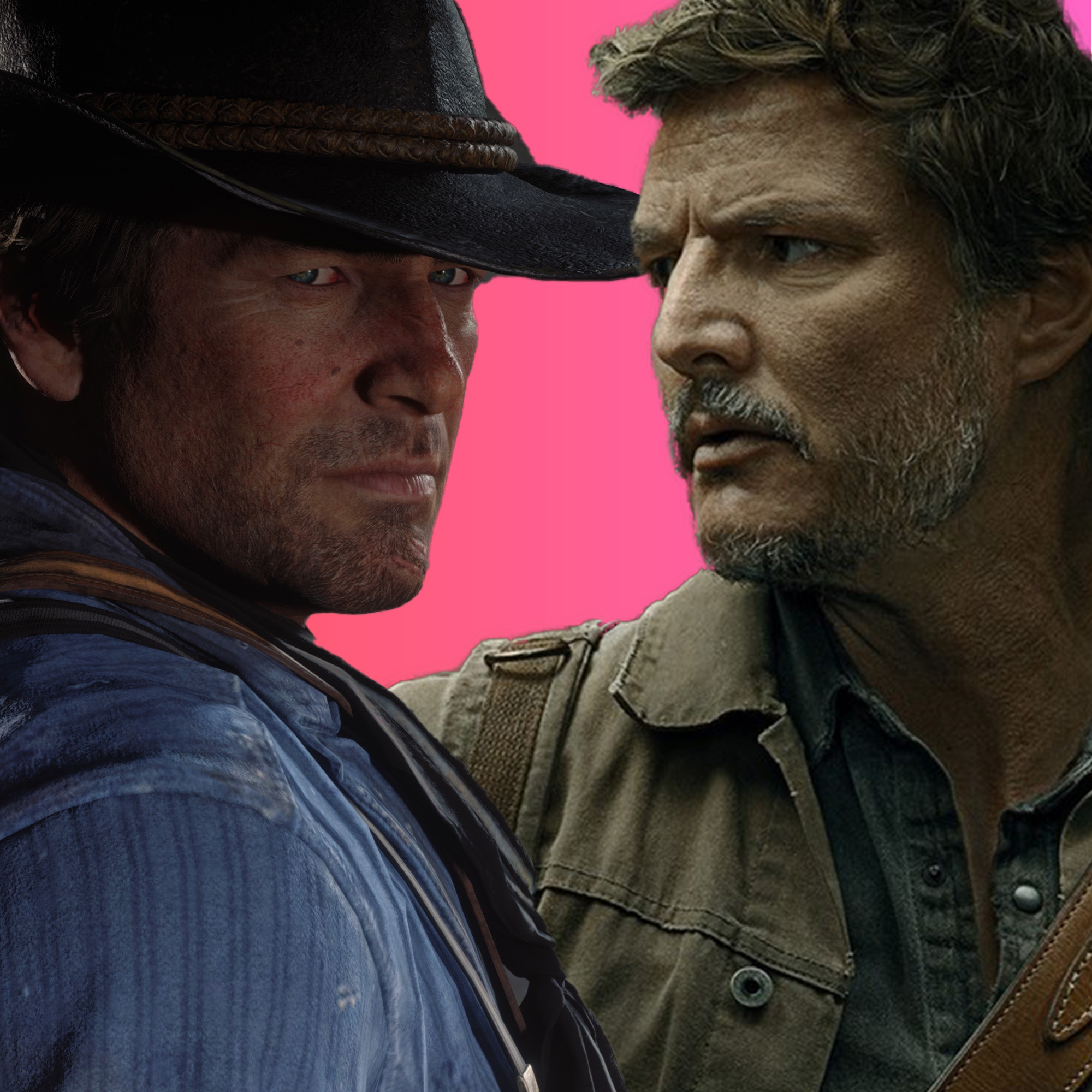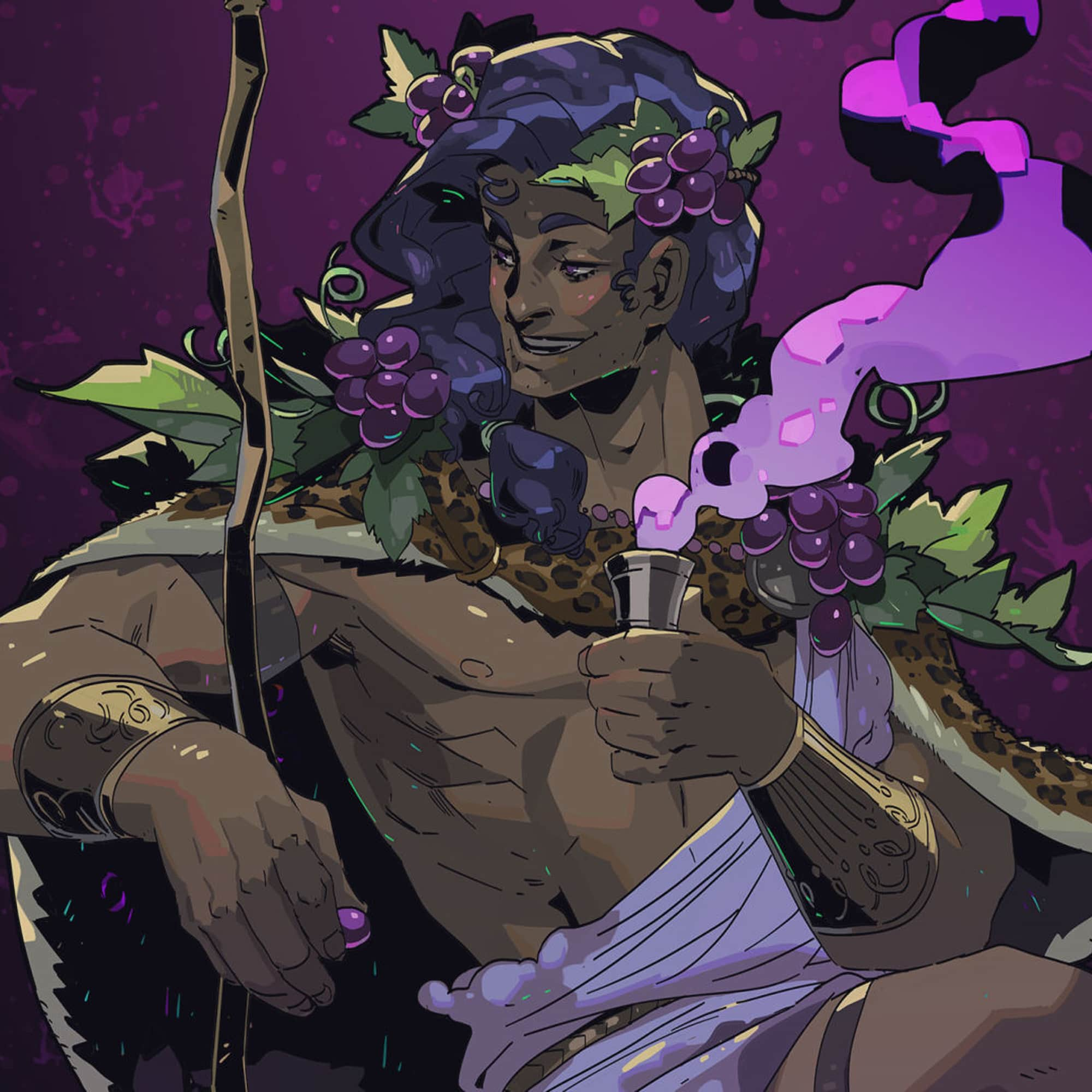
- POPSUGAR Australia
- Gaming
- 5 Games to Play Before Declaring ‘The Last of Us’ the GOAT
5 Games to Play Before Declaring ‘The Last of Us’ the GOAT

Craig Mazin, one of the creators of “The Last of Us” series on HBO, told Empire: “It’s an open-and-shut case: this is the greatest story that has ever been told in video games.” Respectfully, I disagree.
See, “The Last of Us” is an incredibly good game. Probably in the top five ever made. Joel and Ellie’s story is equal parts heartbreaking, sweet, scary, and funny, and the game is a technical masterpiece — especially the Part 1 PS5 remake. But it’s far from an open-and-shut case; there are games that make better use of the interactivity of the medium, and games with moving stories that are just as memorable. So before we declare “The Last of Us” as the game with the single greatest story ever told, let’s look at some others that are worthy of sharing the title.
Spoilers ahead for “Outer Wilds”, “Red Dead Redemption 2”, “The Witcher 3: Wild Hunt”, “Mass Effect 2”, and “God of War (2018)”.
Outer Wilds
A year and a half after playing it, “Outer Wilds” remains the best game I’ve ever played. Not necessarily my favourite game, but the best game — and all of that comes down to the story. Without spoiling any of the story beats, because that would go against the entire premise of the game, “Outer Wilds” is a player-driven mystery set in a diorama-scale solar system that’s stuck in a 22-minute time loop. Each loop begins with your character waking up on the day of your first space launch. Where you go from there is up to you. But with only 22 minutes before the loop resets and you wake up on your home planet again, you need to use your time strategically. Will you return to the planet you were just exploring to finish scoping out an underground city? Will you follow a lead that takes you to a new planet? Or will you test your skills and try to land on the mysterious comet that’s orbiting the sun?
Each loop is another chance for you to piece more of the story together. Beyond key facts that are automatically saved in your ship’s logs when you discover them, solving the mystery rests entirely on how well you understand the story and can apply what you’ve learned to the things around you. It’s entirely possible to beat “Outer Wilds” in a single loop if you know what to do, and the fact Mobius Games has fit 16 hours of engaging gameplay around this premise is a testament to the story. Because rest assured, there’s a great story to be told about why time is looping and what you have to do to stop it.
The Witcher 3: Wild Hunt
Often cited as the best RPG ever made, “The Witcher 3” has 36 different ending states that reflect dozens of big and small choices you make throughout the story. Who you romance (Yennefer forever), how you resolve quests, who you side with in political matters, and more all affect Geralt’s future and the state of the Northern Realms once the credits roll. What elevates the choices in “The Witcher 3” above those in other RPGs is how conspicuous some of them are. Rarely will the consequences of your actions be apparent immediately, often revealing themselves hours of playtime later. This achieves two things: it makes your actions important and forces you to commit to them.
Presenting you with tough decisions is one of the greatest storytelling tools video games have at their disposal compared to television and books, which are far more passive experiences. All three Witcher games do this — the second game features two entirely different settings and subplots for Chapter 2 depending on your actions — with your choices carrying over into the next game to remind you that, yes, the game remembers what you did, for better or worse. In the Witcher games, especially “Wild Hunt”, even the smallest of actions can carry consequences, which goes a long way towards making the story feel uniquely yours.
Red Dead Redemption 2
On the surface, “Red Dead Redemption 2” is a male fantasy made manifest in the form of a 50-150 hour game. You play as Arthur Morgan, a gruff and eternally sad cowboy who worries society has moved on without him. But for a game that loves to advertise itself as a violent romp through the wild west, “Red Dead Redemption 2” tells a surprisingly tender story about found family and redemption. It also does something that games rarely do: it kills you off.
Early in the game, Arthur is unknowingly infected with tuberculosis. As the game and Arthur’s illness continue, he begins reflecting on his life and what to do with the time he has left. Make no mistake: Arthur is a murderer, a thief, and a cheat. But like all good anti-heroes, he lives by a code that aims to minimise harm. That code is courtesy of his mentor Dutch, whose kindness, empathy, and commitment to his people sets him apart from other gang leaders. But Dutch’s behaviour becomes increasingly erratic, endangering everyone in their family unit. Losing faith in Dutch forces Arthur to consider his own code, which you can make either honourable or dishonourable depending on your actions. But no matter how good you become or how violently you try to save him, there’s nothing you can do to cure Arthur’s disease.
So why does an honour system matter if being good can’t save you? When death finally takes Arthur and you take control of John Marston for the epilogue, the world will remember Arthur Morgan as the man you made him. You can leave a legacy of violence and callousness, or hope and righteousness. It’s like the game is telling you, “Just because games aren’t real life doesn’t mean you can’t still think about the kind of person you want to be.”
Mass Effect 2
Despite fumbling the ending, “Mass Effect” tells one of the best sci-fi stories ever committed to screen. As Commander Shepard, you find yourself at the forefront of a war between humanity and an ancient, intergalactic threat called the Reapers. But it’s specifically “Mass Effect 2” that cements the trilogy’s place in this list. It starts much like “Red Dead Redemption 2” ends — with your death. Only this time you’re brought back to life and wake up two years later, partly synthetic and in debt to the bad guys.
The central tenets of the trilogy are at their best in “Mass Effect 2”. You must recruit allies, earn their loyalty, and save the universe. It’s a pretty standard formula for an RPG from 2010, until the final mission flips everything on its head. Failing to earn your crew member’s loyalty will result in them most likely dying during the mission — and if they die here, they’re dead for good and won’t appear in the third game. Similarly, sending the wrong crew member for a job may have fatal consequences. Shepard can even die (again) if you’re not prepared, meaning you can’t carry over your save file into the third game. Few games before or since have made optional missions and subplots so integral to the overall story.
Beyond the final mission, “Mass Effect 2” also tells thought-provoking stories about artificial intelligence and what it means to be human in a near future world.
God of War (2018)
While last year’s “God of War: Ragnarok” blew us away with its sparse but meaningful side quests, its approach to emotional storytelling began in the 2018 “God of War” reboot. Ostensibly a game about gods hitting each other with mythical weapons, the real story here is about a father and son bonding over the struggle of choosing their own fate. Fatherhood is new territory for Kratos, especially to the small and sickly Atreus, and one he fears more than the literal pits of hell he’s visited repeatedly. Kratos loves his son unconditionally but doesn’t know how to tell him that; and the rage that has kept him alive until now won’t help him here.
But this “God of War” stays true to the series, and between the struggles and celebrations of parenthood is a non-stop action game that never lets its foot off the brakes. Twenty minutes in and Kratos and Atreus are fighting a hulking fire troll, and instead of giving the player time to relax after their victory, the game throws a bloodthirsty god who can’t feel pain or be killed their way. It’s thrilling to play.
Beyond the narrative, the entire game is filmed in one unbroken camera shot, pushing forward the idea of what a video game can look like.
Read more POPSUGAR gaming content below:
- Is ‘Tears of the Kingdom’ a Prequel to the First Ever Zelda Game? Lore Experts Think So
- “She’s a Top”: Anna Torv Answers All Our Questions About Tess In HBO’s ‘The Last of Us’
- 5 Games to Play Before Declaring ‘The Last of Us’ the GOAT
- Elden Ring Detectives Have Some Wild Theories About the DLC — Here Are the Best Ones
- Joel Finally Called Ellie “Baby Girl” In ‘The Last of Us’ and Fans Are Not Okay


